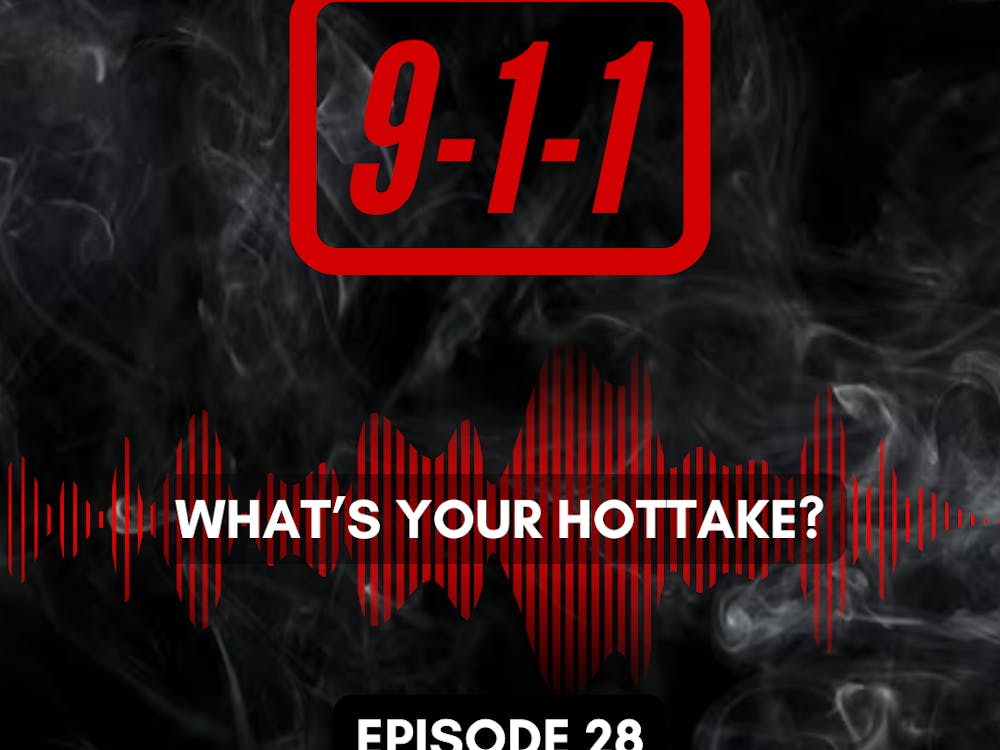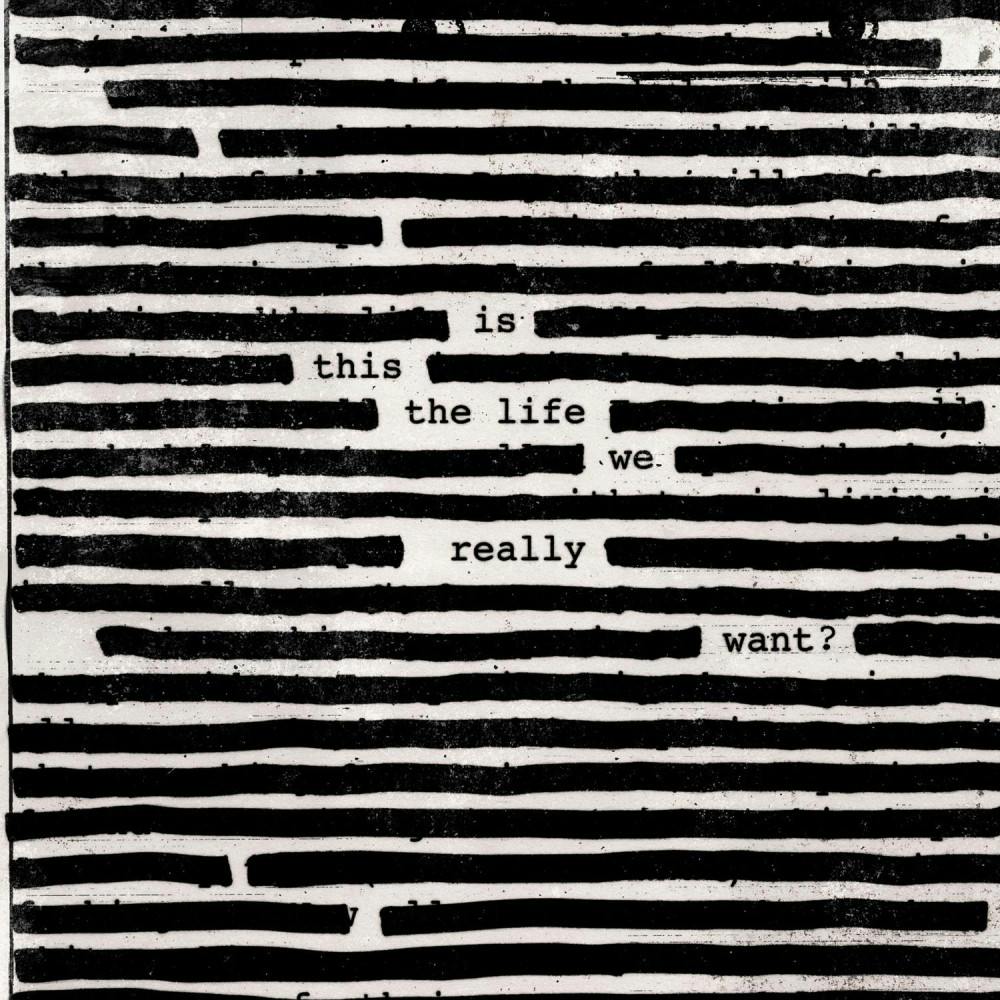by Preston Radtke
WARNING: This review quotes lyrics from the album that contain strong language.
Roger Waters. A name synonymous with hallucinogenic drugs, tyrannical self-absorbed dad rock aficionados, and “concept albums.” The one-time commander of the Pink Floyd mothership at the peak of its majesty, Waters has been putting out solo records since the much-ballyhooed year of 1984. Is This the Life We Really Want?, Waters’ fifth solo release, finds him hiding in classic Floyd atmospherics and supposed depth. Unfortunately, Waters’ Floydian incarnations are so blatant and over-the-top that sadly, the album acts as more of a cliché of a former time. Furthermore, Waters’ voice shows the wear and tear of a beaten-down spaceship, weathered in a sad, nostalgic, yet massively ineffective way. The true saving grace on this collection is Waters’ very applicable lyrics and writing. A record that was written over several years, it does a superb job of capturing the ethos of many a bewildered and indignant world citizen.
A bizarre barrage
Predictably, Waters tried to make his most recent release sound like folk Pink Floyd.
Is This the Life We Really Want? contains many of the same spacious, marauding choruses and sample-driven motifs that Waters’ most famous progressive rock band perfected. Unfortunately, the record instrumentally operates like a folk album. There are many piano and acoustic-guitar-driven songs that don’t necessarily mesh well with sampling and heavy effects. At times, the extreme sampling overshadows and takes over Waters’ wilting voice.
Exhibit A is “The Last Refugee”, a slow, melodic folk ballad bemoaning the political treatment of refugees. The beauty of this song results mainly from Waters’ smooth, intricate songwriting and his stripped-back guitar. It is mournfully besmirched, however, with the sneakily obnoxious inclusions of sound cuts and effects of newscasts and radio signals. These implementations do in fact give the song a more international feel, but they also distract from Waters’ vocals and his message overall. Furthermore, the song seems to go about dealing with refugee issues in the wrong manner. Instead of prophesizing on one specific refugee, Waters takes a broader and less relatable approach to painting the picture of “the last refugee.” His character seems to change appearance, style, and upbringing. Presumably, Waters did this to better represent the diversity of the refugee population; instead, the song seems impersonal and faceless.
The dark side of Roger Waters’ voice
It may seem unfair to rip apart a 73-year-old’s voice. A man like Roger Waters surely should be exempt of all vocal ridicule. After all, how can the voice behind
Wish You Were Here and
The Wall be anything but foreboding and impenetrable? This album, however, features a voice so weathered, shaky, and one-dimensional that no number of effects and implied nostalgia can save it. Truthfully, whenever Waters climbs the vocal ladder, flinches are to be expected.
“Déjà Vu”, though impassioned and relatable, is the saddest display for Waters’ vocal instrument. Throughout the majority of the piece, Waters maintains a low, controlled volume that hides and even promotes its shakiness. Interspersed throughout the song, he attempts to hit the high notes in moments of passionate rage and fervor. These moments provide a severely unstable, horribly wraithlike specter of a once proud voice both dynamic and consistent.
Later tracks off the album also reveal Waters’ unfortunate penchant for singing loudly and high-pitched. Instead of artful, they sound uncontrollable and sloppy. Waters is surely a good enough songwriter to write emboldened pieces without stretching his voice beyond listenability.
Finally, Waters breaks through
The most present and consistent Floydian holdover is the songwriting and themes. Themes on the album deal with media bias, refugee crises, voting rights, and oddly enough, electing leaders that in his mind aren’t deserving or experienced. When he isn’t climbing the vocal ladder, Waters’ songs feature an iambic pentameter-esque rhythm, more reminiscent of poetry and less of folk and prog-rock. Much like previous conquests, Waters vividly paints raw pictures for the audience. “Picture This”, a rough protest track, forces the audience to “Picture Loretto / Picture your feet nailed to the floor / Picture a leader with no fucking brain”, all delivered with a voice so deep and tough that no ear dare turn away.
Top tracks:
“Picture That”
“Smell the Roses”
Also in the Is This the Life We Really Want? Family:
Pink Floyd:
The Wall
Emerson, Lake & Palmer:
Emerson, Lake & Palmer
Syd Barrett:
The Madcap Laughs
All images from
Classics Du Jour


















